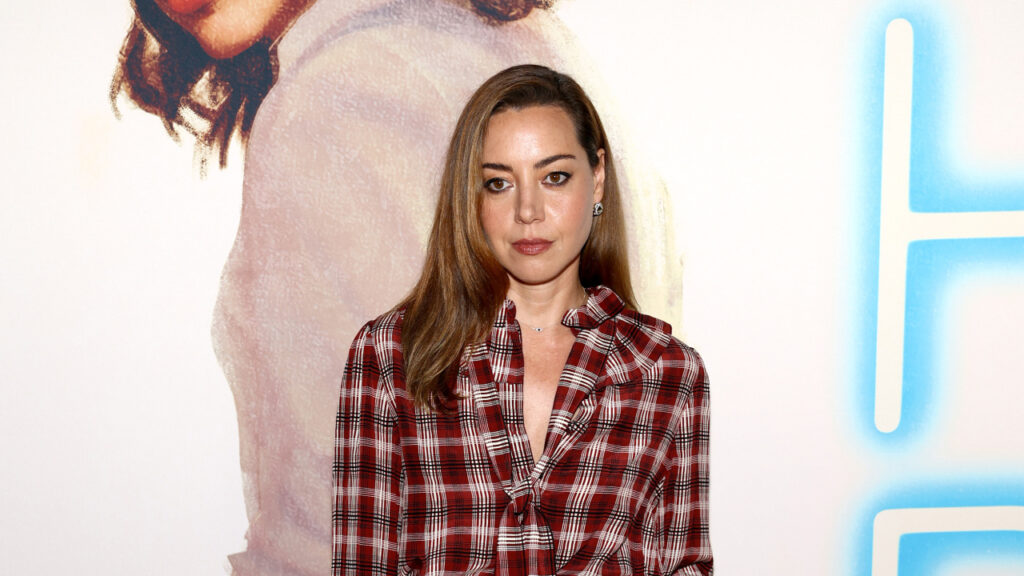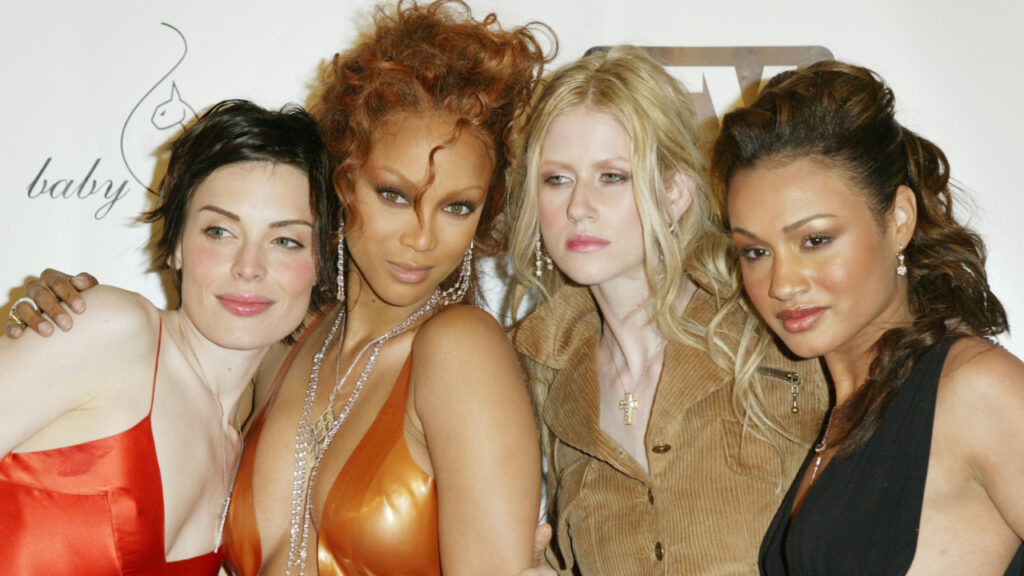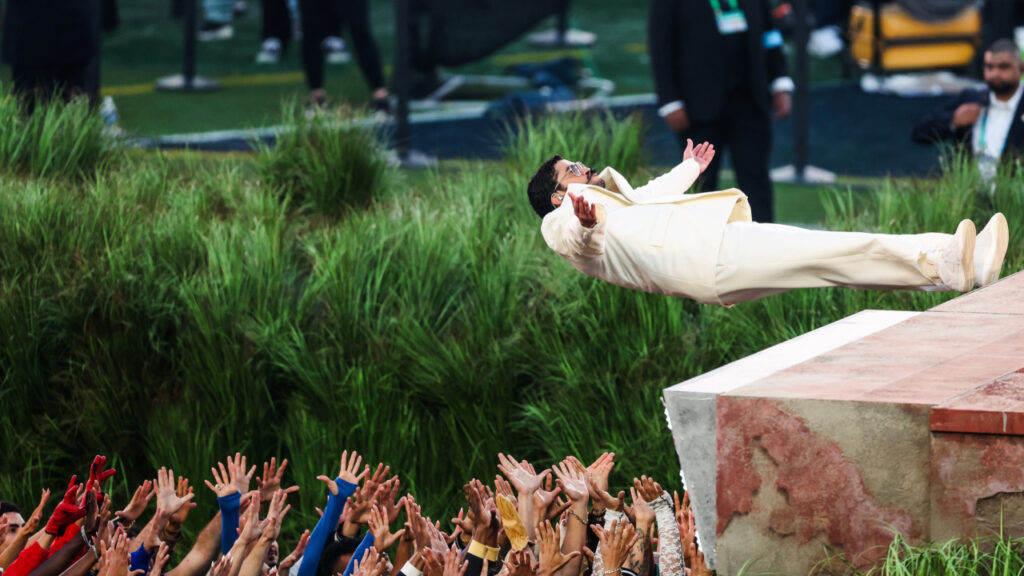
Aubrey Plaza on Grief: ‘It’s like a giant ocean of awfulness’
Aubrey Plaza doesn’t usually talk about her private life. But in her first in-depth conversation since her husband’s death, she opened up about grief in raw, unflinching words.
During a new episode of Good Hang with Amy Poehler, Plaza sat down with her Parks and Recreation co-star and longtime friend. Poehler didn’t tiptoe around the subject. She acknowledged the terrible year Plaza has lived through since her husband, filmmaker Jeff Baena, died by suicide in January.
“People want to see you and they love you,” Poehler told her. “You had this terrible, terrible, tragic year. You lost your husband. You’ve been dealing with that, and you’ve been looking for ways to deal with that and find support, and on behalf of all the people who feel like they know you, and the people who do know you, how are you feeling today?”
Aubrey Plaza says grief is “a daily struggle”
Plaza, 41, didn’t hesitate to describe her reality. “In this very, very present moment, I’m happy to be with you,” she told Poehler. “Overall, I’m here and I’m functioning, and I feel, you know, I feel really grateful to be moving through the world. I feel like I’m ok. But, you know, it’s a daily struggle, obviously,” she said.
Poehler also noted how Plaza’s dog Frankie has become her therapy dog in this difficult time. Plaza, who married Baena in 2021 after a decade-long relationship, has largely stepped out of the spotlight since his death.
Aubrey Plaza compares grief to a horror film
In the conversation, the Latina actress reached for a metaphor to explain what her grief feels like. She referenced the 2025 horror film The Gorge, which shows a canyon filled with monsters.
“This is a really dumb analogy, and sort of a joke, but at a certain point, I actually mean it,” she told Poehler. “That feels like what my grief is like, or what grief could be like. At all times there’s like a giant ocean of, just, awfulness, that’s like right there and I can see it. And sometimes I just want to dive into it, and just like be in it. And then sometimes I just look at it. And then sometimes I just try to get away from it. But it’s always there.”
Her words echo what mental health experts often describe about grief. The American Brain Foundation notes that traumatic loss can trigger the brain’s survival mode, rewiring memory and behavior. Grief, neurologist Dr. Lisa M. Shulman explains, “is a normal protective process.” But when left unresolved, it can create a hardwired state of stress that affects both brain and body.
The grieving process is never linear
According to Help Guide, grief takes many shapes. It can disrupt sleep, appetite, memory, and even physical health. The so-called five stages of grief—denial, anger, bargaining, depression, acceptance—don’t always appear in a neat order. For some, grief can feel like a roller coaster, with intense highs and lows that gradually soften over time.
Columbia University psychiatrist Dr. Katherine Shear has called grief “the form that love takes when someone we love dies,” as reported by the American Heart Association. For Plaza, that love now exists alongside the pain she described so vividly.
Aubrey Plaza’s honesty offers a window into loss
Plaza’s choice to speak publicly marks a shift in how celebrities approach vulnerability. Her candor about Baena’s death and her ongoing struggle shows the messy, unfiltered reality of loss.
After Baena’s death, Plaza and his family released a statement calling it an “unimaginable tragedy” and asking for privacy. Months later, she is giving words to what living with that tragedy feels like.




